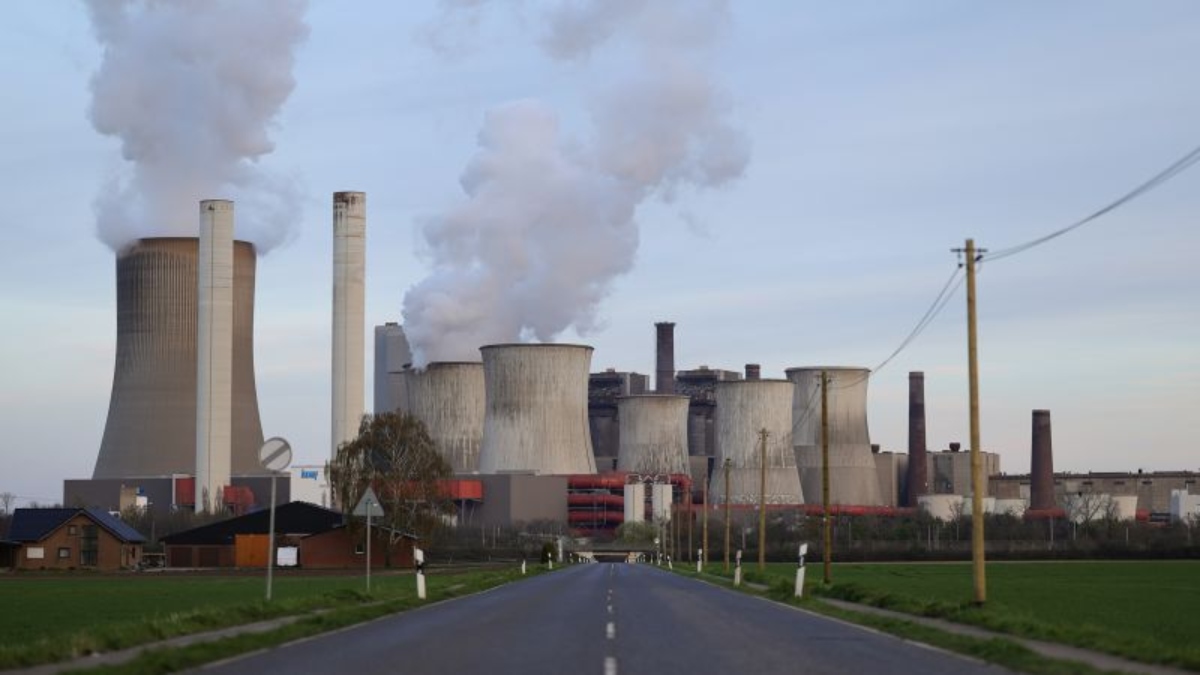(CNN) — Ministers from the Group of Seven (G7) have agreed to close all their coal-fired power stations by 2035, a British minister announced on Monday, a development in climate policy that could influence other countries to do the same.
Setting an expiration date for coal—the most polluting fossil fuel in the environment—has been highly controversial in international climate negotiations. Japan, which will get 32% of its electricity from coal by 2023, according to climate think tank Ember, blocked progress on the issue at previous G7 meetings, CNN previously reported.
“We have an agreement to phase out coal in the first half of the 2030s,” Andrew Bowie, UK Department of Energy Security and Net Zero minister, told CNBC’s Class in Turin, Italy. “This is certainly a historic agreement, something we were unable to achieve at COP28 in Dubai last year.”
“So, the presence of the G7 countries to convey that signal to the world—that we, the developed countries, are committed to phasing out coal by the early 2030s—is a great thing.”
When asked to confirm the news, the UK Ministry of Energy and Net Zero referred CNN for an interview.
The US State Department declined to comment on the G7 agreement. Last week, the US Environmental Protection Agency announced new regulations that will force coal-fired power plants to address nearly all climate pollution or close them by 2039.
Many other G7 countries already have national plans to phase out the use of fossil fuels. About 16% of electricity in G7 countries comes from coal, Ember reported.
“This is another setback for coal,” said Dave Jones, Ember’s Global Insights program director. “The road to phasing out coal-fired power plants has been a long one – it’s been more than seven years since the UK, France, Italy and Canada committed to phasing out coal-fired power plants – so it’s great to see the United States and, in above all, Japan is finally more explicit in its intentions.”
However, he warned that even though coal-fired power generation is decreasing, gas consumption will continue. “Coal may be the dirtiest material, but all fossil fuels must eventually be phased out,” he said.
Fossil fuels are the main cause of the climate crisis. Nearly every country in the world last year agreed to abandon fossil fuels at the COP28 climate talks in Dubai, but the failure to set an end date for coal was seen as a weakness in the talks.
The Ministers of Energy, Environment and Climate met in Turin for talks which are expected to conclude this Tuesday.
The G7—comprised of Canada, France, Germany, Italy, Japan, the United Kingdom and the United States, with the European Union as a member with special status—often takes the lead on global climate policy. The group’s decisions often impact or influence the G20, which includes other large emitting countries, such as China and India, as well as large fossil fuel producers, such as Saudi Arabia and Russia.

“Web specialist. Incurable twitteraholic. Explorer. Organizer. Internet nerd. Avid student.”






